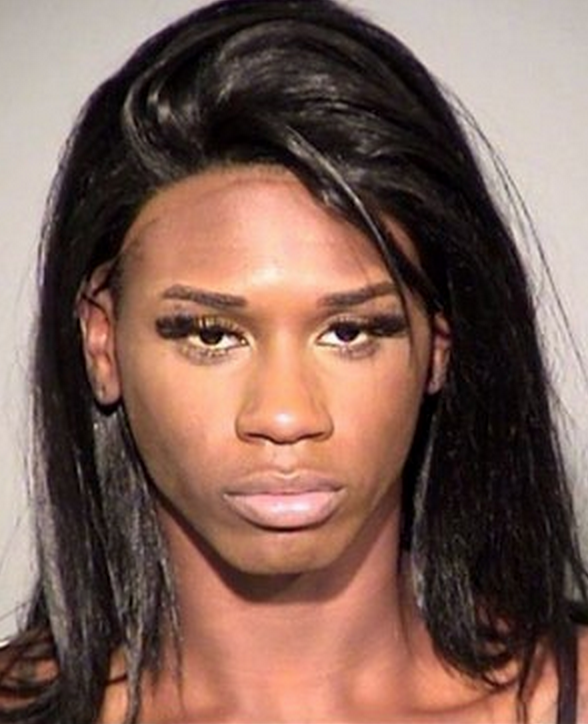Papi Edwards
Papi Edwards
was a trans Black woman who was who was shot and killed on January 9, 2015 in
Louisville, Kentucky. Henry Richard Gleaves was charged with her murder. She
has been consistently misgendered by news media outlets. The police report also misgendered Edwards
and police officers refused to identify the murder as a hate crime. Footage of the murder clearly shows that Edwards
identified as a trans woman and her friends have also confirmed that Edwards
identified as a woman.
Laquan McDonald
Laquan
McDonald was a 17 year-old cis Black
male who was shot sixteen times by a Chicago police officer on October 20th,
2014. Dash-cam footage shows officer Jason Van Dyke repeatedly shooting
MacDonald as he is walking away from the police vehicle. A judge ordered the
City to release the footage before November 25, 2015. Release of the footage
has caused a serge of Black Lives Matter protests. Van Dyke has since been
charged with first degree murder.
 |
| Jamar Clark ghost portrait by Sophia Terazawa |
Jamar Clarke
Jamar Clarke
was a 24 year-old cis Black male who
was shot and killed by police officers on November 15, 2015 in Minneapolis,
Minnesota. Police and ambulance arrived
on the scene in response to a domestic dispute between Clarke and his girlfriend.
Clarke struggled with officers to reach the ambulance where his girlfriend was
being treated. Clarke was then handcuffed and slammed to the ground. A police
officer then shot Clarke in the head execution style. None of the officers were
wearing body cameras and the police report denies that Clarke was handcuffed.
Multiple witnesses say that Clarke was handcuffed.
Rest In Power
Who Will Survive America?
THE DECOLONIZER
December 2015
Read the full newsletter here »




















